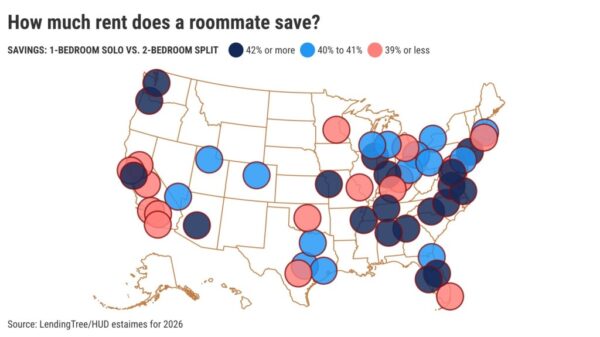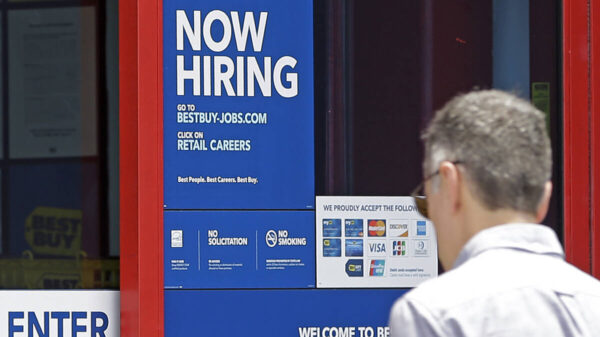The Trump administration has filed a lawsuit against California and Governor Gavin Newsom, contesting the state’s anti-animal cruelty laws, which the administration claims are driving up egg prices. The Justice Department argues that these state laws should be invalidated, as they allegedly conflict with federal regulations governing egg quality, inspection, and packaging.
In its legal complaint, the Justice Department highlights California’s requirements for hen housing, which mandate that chickens have additional space to move freely. The administration describes these regulations as “unnecessary red tape” that do not benefit consumers. They assert that California’s laws have effectively restricted farmers nationwide from employing agricultural practices that have historically kept egg prices low.
California’s ballot initiatives, passed in 2008 and 2018, require enhanced standards for egg-laying hens, ensuring they can extend their limbs and avoid contact with other birds. The 2018 initiative also prohibits keeping hens in cages and establishes space requirements for breeding pigs and calves raised for veal. The Trump administration argues that these laws are preempted by the Supremacy Clause of the Constitution and the Egg Products Inspection Act of 1970.
Data referenced in the complaint indicates that following the introduction of these restrictions, egg production in California decreased, with prices rising by 20%. The Justice Department contends that the regulations stem from activist-driven definitions of “cruel” housing rather than consumer preferences or scientifically valid standards for food safety and animal welfare.
Supporters of California’s laws, including the Humane Society of the United States, maintain that these regulations are essential for protecting farm animals. The organization argues that confining egg-laying hens in small cages is inhumane and increases the risk of food safety issues, such as salmonella and E. coli. They assert that ensuring humane treatment could even help mitigate potential pandemic threats.
In response to the lawsuit, Newsom’s office criticized the Trump administration for blaming California for broader economic issues. A post on the social media platform X noted, “Next up: Gavin Newsom caused the fall of Rome and sent the asteroid that wiped out the dinosaurs!”
Attorney General Pam Bondi defended the lawsuit, stating that “Americans across the country have suffered the consequences of liberal policies causing massive inflation for everyday items like eggs.” She emphasized the administration’s commitment to reducing regulatory burdens on American families to restore economic prosperity.
This lawsuit marks the latest in a series of challenges to California’s egg laws. Previous attempts to undermine these regulations by Republican state attorneys general in 2016 and 2017 were unsuccessful, and the Supreme Court declined to hear a related case in 2019. Additionally, the high court rejected a challenge from pork producers regarding the state’s 2018 animal confinement law two years ago.
The current lawsuit comes in the wake of significant public concern regarding rising egg prices, which averaged $4.55 per dozen in May 2024, according to CBS News. Although wholesale egg prices are only slightly higher than the previous year, they have seen an increase since late May. Notably, in March 2024, average prices for Grade A eggs in U.S. cities reached a record high of $6.23 per dozen, attributed in part to a bird flu epidemic that has impacted the egg industry.
As the situation develops, the implications of this lawsuit could significantly affect agricultural practices and consumer prices nationwide.








































































